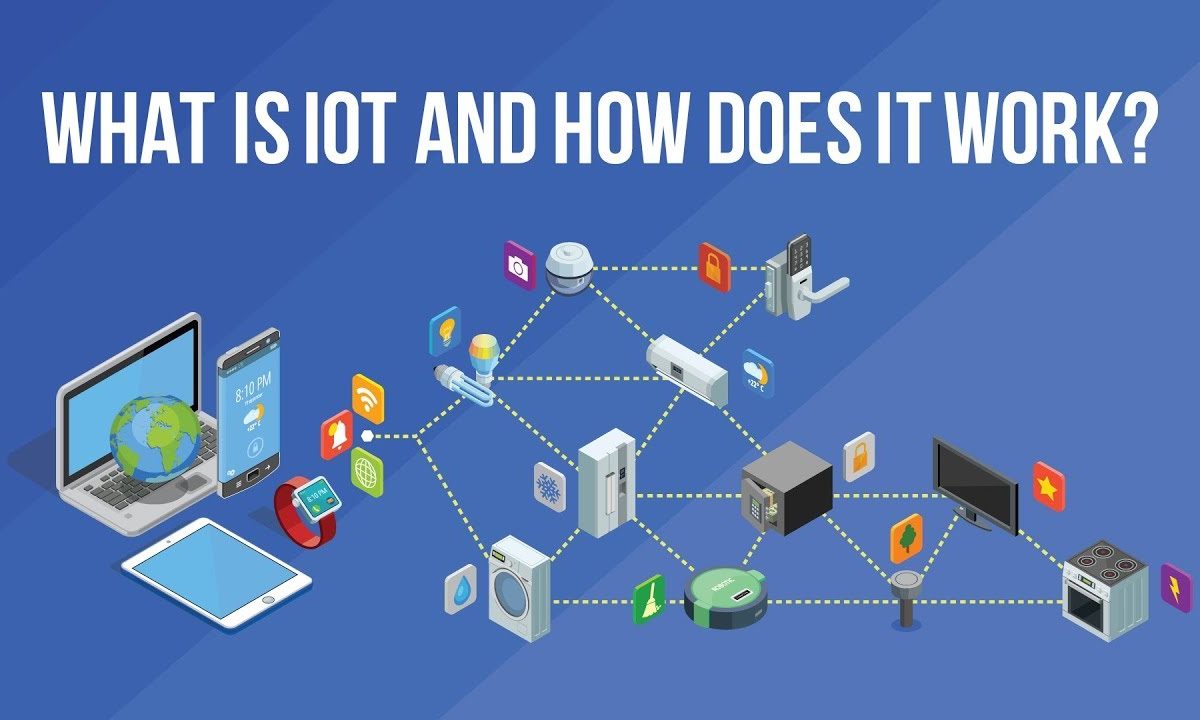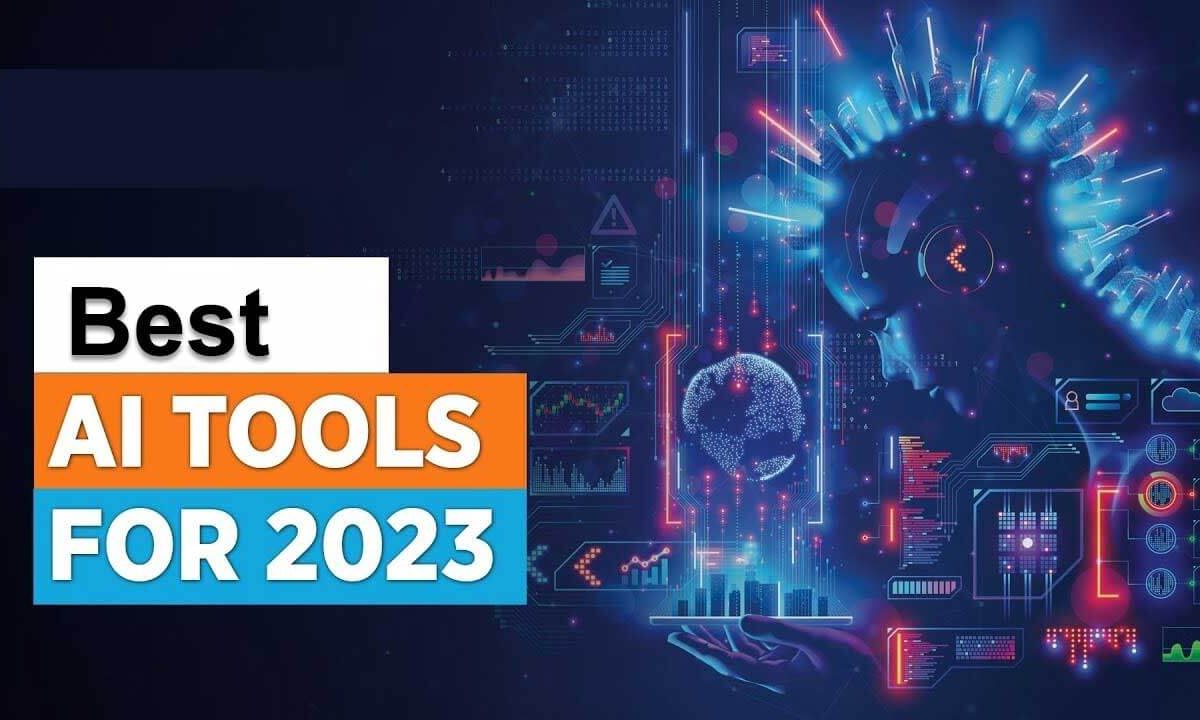The business intelligence sphere is ever-evolving, with continuous development and significant changes that are shaping the course of the business industry. In the ever-evolving world, businesses are heavily reliant on the data. Every company relies on data to improve client satisfaction, operations, supply and demand, consumer response, maintenance, etc. When data and artificial intelligence are combined, they bring the most out of businesses.
Hence, advanced technology like AI has become indispensable in the business space to manage everything strategically. Business intelligence has evolved from its infancy, becoming a critical part of the business.
But do we understand the business intelligence requirement in today’s business world?
Let’s understand it from a broader perspective. The modern world of Business AI opens a new world of possibilities that will empower businesses. As a result, They perform business operations more efficiently. The possibilities of BI are endless, which will ultimately drive growth in the business marketing sector.
As per a report, the Global business market is expected to reach $33.3 billion by the year 2025. Business intelligence has a bright future and will continue to evolve in upcoming years with the latest development trends. The use of business intelligence today has become more common, offering self-service models and technology, trends, and applications.
Our next-generation business model will be accessible and conversational, as visually appealing and intriguing technologies will replace complex data models and outdated dashboard-like methods.
So, let’s understand in detail what business intelligence is, how it works, and what the future of business intelligence looks like.
What is business intelligence?
A lot of you might be in a dilemma about what business intelligence actually is. So, let’s get into the detail of the definition of business intelligence. In basic terms, business intelligence can be defined as the infrastructure to handle the data produced by a company by collecting, storing, and analyzing.
The process involves the collection of data from external systems and internal systems and proceeds for analysis. They also run queries against the data to create visualizations.
Moreover, the businesses also present dashboards to make the data results visible to users for decision-making and strategic planning.
The ultimate goal of BI is to help businesses make strategic decisions that help them drive growth, increase revenue, improve operational functionality, and improve customer experience. In helping businesses, Bi uses a combination of factors to achieve desired results.
How does business intelligence work?
A business intelligence architecture is complex from what we understand. It requires more than software. The data used for the BI process is stored in the warehouses for the businesses when they acquire the data. BI Intelligence relies on the data warehouses for the information. A data warehouse gathers data from various sources and fixes it into one system to support business intelligence and reporting. BI questions the warehouse and presents the results through reports, forms, charts, and maps.
Data warehouses also include analytical processing (OLAP) to support multidimensional queries. OLAP is a powerful technology for data discovery and complex analytics.
Future of business intelligence
Like every other technology in the market, the trends for business intelligence will also change. Bi is a major trendsetter for the future, adopting new and unique trends to provide analysis. The success of the Bi-industry depends on its ability to be customized and changed for different purposes. Businesses can get the most out of their data by tailoring the data to different needs.
The future of business is majorly linked to the data and its ability to be embedded into applications. As the BI becomes more embeddable and portable, companies will get better insights to make crucial decisions without leaving their workflow. This trend is in demand, and business companies are creating embeddable widgets that can be integrated into different applications like Salesforce and Google Sheets.
Much like any other industry, this trend will continue to evolve and become a proactive part of the business industry. Today, Business intelligence provides new ways to improve productivity and achieve milestones. With this continued evolution, everything about businesses looks so promising.
Data access and reliability are also growing daily as the amount of data and consumption increases. The trend is moving towards more straightforward and more accessible data access. Bi is valuable for both small and large sector businesses. It has become more functional with a combined approach of artificial intelligence and machine learning.
Factors Influencing Business Intelligence Trends
Artificial intelligence:-
AI technology has become an essential part of our business industry in recent years. Its rapid evolution enables businesses to collect and manage data efficiently. Machine learning and AI are changing how we look at data analytics, ensuring and managing data security. This helps companies to make informed decisions.
Advancements in AI technology will support accurate and timely anomaly detection based on previous trends and historical data.
Cloud-based AI:-
The future of business analytics is deeply hidden behind Cloud-based AI. Cloud is the critical business intelligence trend that can bring potential uplifted in the market. Nearly all the major BI elements, including analytics, data storage, and computing power, are shifting to the cloud. It’s already ensuring maximum safety and flexibility.
Cloud services offer the most significant advantages for data storage. The usage of cloud technology is growing in numbers with the adoption of remote working jobs. It allows apps to connect and access data anywhere and anytime easily. SaaS apps are becoming more common and can be accessed anywhere with insights and data.
Integrated systems:-
Increasing demand for mobile insight, performance, and service analytics are the primary demands for embedded business applications. API-first architecture adds functionality and better business results by exposing the system to embedded applications.
System integration is a very important part of the business, improving its functionality by taking care of workflow-level tasks and deployment of the applications.
Collaborative BI:-
Collaborative is a new business model that merges traditional business intelligence with social media marketing and web technologies. It provides better reports on engagement and web traffic to make better decisions. This, in turn, will improve the product and revenue in the market.
Collaborative BI also helps exchange corporate ideas and solutions using web 2.0 platforms like Wiki and blogging. It also allows access to the data from outside with better visibility for everyone to make better decisions.
Augmented Analytics:-
Augmented analytics is another major data trend that leverages machine automation and AI. It will transform how you create data, generate and share insights, and create and operationalise data science and machine learning models.
Augmented analytics uses new technologies such as machine learning and artificial intelligence to help with data preparation, provide insight, and explain insight. This approach aims to improve the way individuals explore and analyse data within analytics and business intelligence (BI) platforms. Moreover, it aids both professional and non-expert data scientists by automating numerous tasks related to data science, machine learning, and AI model development, management, and deployment.
Wrapping up
Bispace is constantly evolving with the adoption of new technologies. It’s no longer segregated from the business systems. The success of an organization depends on the greater adoption of these technologies. Companies who want to stay competitive must be aware of the data and data analytics efforts. Today, a major part of the data analysis is based on historical data with a focus on more forward-looking, data-driven decision-making. The new changes and trends around data governance and self-service BI will define the BI landscape. Organizations must embrace these trends to stay proactive and dynamic in the business environment.
FAQs
Q. What Business Intelligence Trend Will Rise in 2025?
The year 2025 will be a major trend for business intelligence with the semantic shift in the realm of data analytics. Trends like artificial intelligence and augmented reality will be dominating everywhere.
Q. What Will Be Next for Business Intelligence?
Business intelligence trends are growing rapidly. The next step in the process of business intelligence could be finding the optical software for each task.
Q. Is Business Intelligence in High Demand?
Yes, the business intelligence trends are in a surge. Global business intelligence is expected to rise at a considerable rate between 2023 and 2030.
Q. Is Ai Will Replace the Business Analyst?
AI will play a major role in the business intelligence industry; however, it will not replace it completely. Companies that use both AI and human intelligence will be ahead in the competition.
Q. What Jobs Can Ai Replace?
AI can replace jobs like data entry, customer service roles, bookkeeping and more. The reason is simple: the better of efficiency of robots to work faster for long Hours.
Q. What Is the Use of Business Intelligence Tools?
Business intelligence tools are designed to help you understand trends and insights about the data so you can make a strategic plan and business decisions.
Q. What Are Some Common Business Intelligence Exercises?
Business intelligence exercises are in high demand, helping you to enhance your skills in several fields and make informed decisions. Some common business intelligence exercises include sales analysis, marketing performance, customer analysis, operational efficiency, web traffic analysis and more.
Q. What is Business Analytics?
Business analytics is an approach that uses data analysis to make informed and better decisions.
Q. What are Business Intelligence Tools?
Business intelligence tools are software applications that are used to collect, analyse and process data and make better decisions.
Q. How BI is Evolving?
BI is evolving with other technologies like artificial intelligence and machine learning. These technologies help businesses to make better decisions.
Q. Is Bi Only Useful for Large Enterprises ?
No, BI is accessible for all kind of enterprises from medium to small. They provide scalable solutions catered to unique needs of business































